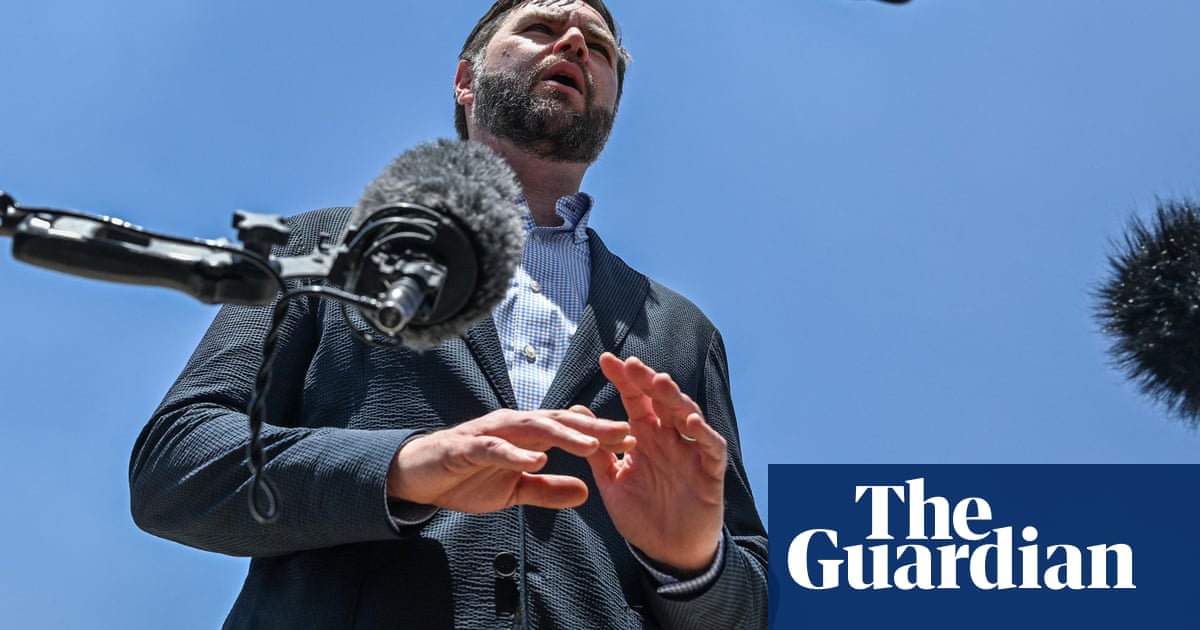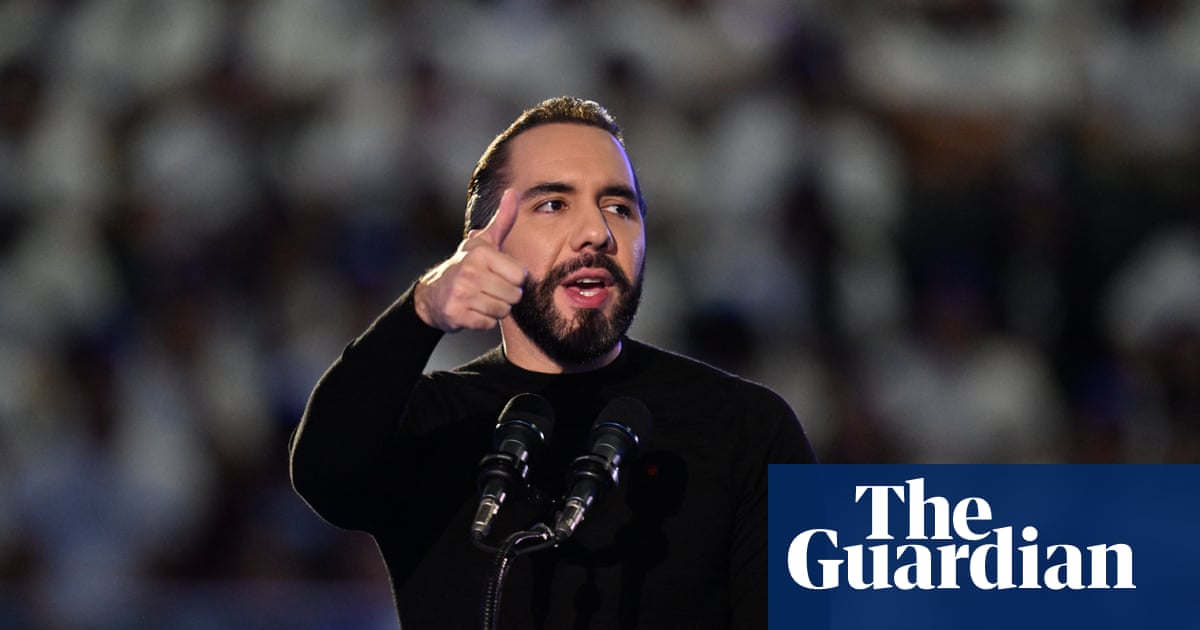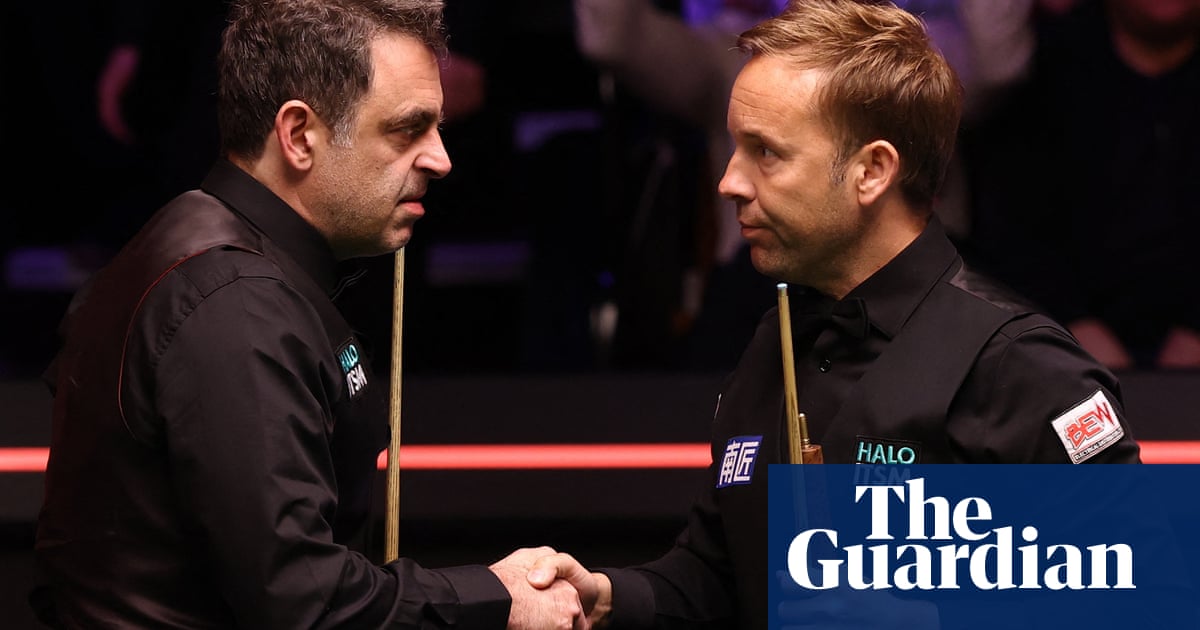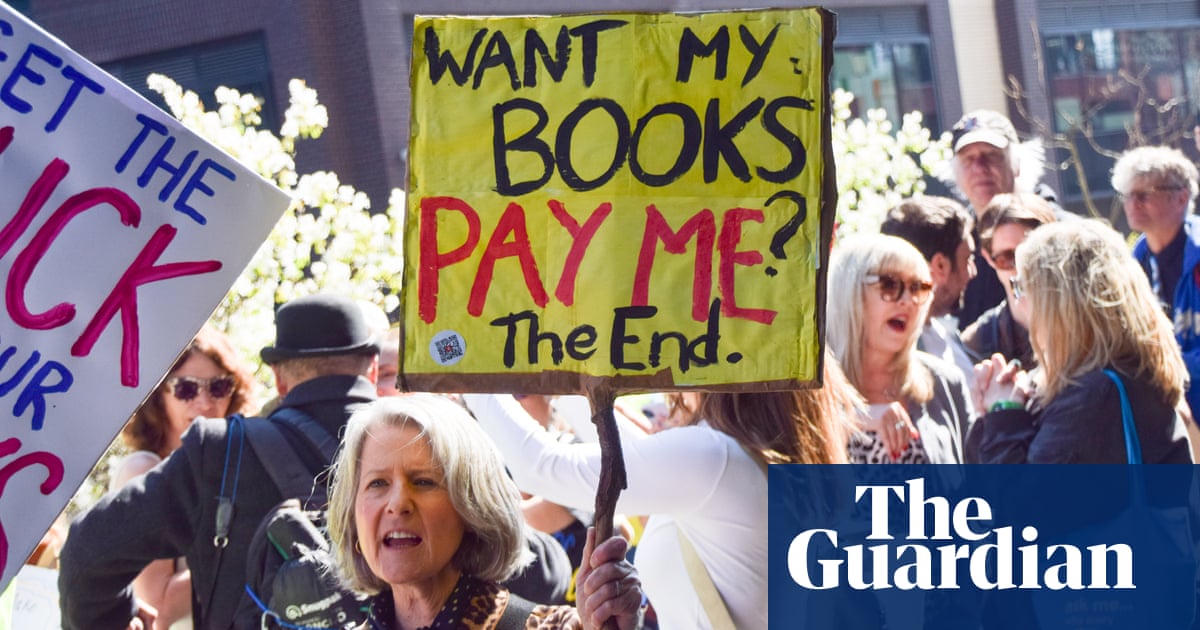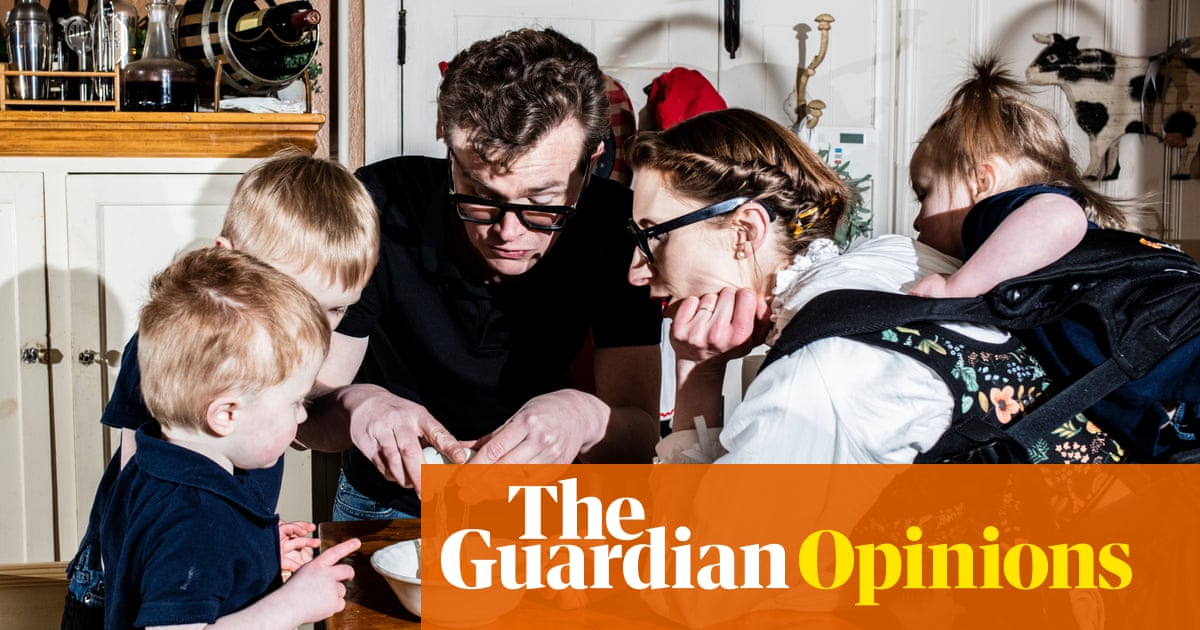In a 1980s redbrick building near Gatwick airport in West Sussex, a new doughnut-shaped CT scanner is a vivid illustration of the extreme pressures facing the NHS.
The £1.5m device, which speeds up the diagnosis of cancer and cardiac conditions, is the centrepiece of a newly refurbished Spire Healthcare hospital, one of the private healthcare chain’s 38 hospitals and 50 clinics and medical centres in England, Wales and Scotland.
A third of the work carried out at the Spire Gatwick Park hospital is done on behalf of the NHS. In recent years, the health service has been sending more patients to private hospitals to reduce the long waiting lists for major treatment, currently at 7.48m cases, as it struggles with staff shortages, bureaucracy and outdated systems following years of underfunding, exacerbated by the Covid-19 pandemic.
Wes Streeting, the health secretary, has defended the growing use of the private sector while insisting providers must “pull their weight” and not take resources away from the NHS. Yet some fear this is creeping privatisation, creating a two-tier system with access to treatment dictated by people’s wealth.
Critics also claim private healthcare firms cherry-pick the lucrative but relatively straightforward work. In England, 10% of all elective procedures such as hip and knee replacements were outsourced to private operators for the first time during 2023. Spire’s sites perform 300,000 operations a year, 45% of which are hip and knee replacements.
Justin Ash, Spire’s chief executive, says more working-age people are taking out insurance to go private, while more over-60s are paying out of their own pocket for procedures such as hip and knee replacements because they “want to go on holiday or be mobile for their child’s wedding, et cetera, and that group has a bit more disposable income”.
Ash, who has built the FTSE 250-listed firm into the UK’s biggest private health provider by turnover over the past seven years, says he is “proud” of the NHS. He believes in an “integrated system” where companies such as Spire help bring down NHS backlogs and “unlock growth” by helping return the long-term sick to work. A record 2.8 million people are not working in the UK due to long-term sickness, according to the government.
Ash points to two major health issues: orthopaedic-related such as back pain and hip and knee issues, and mental health problems. These are the areas Spire focuses on – it carries out the most hip and knee procedures in the private sector.
The company has also been expanding into cancer treatments, specialist ophthalmology, gynaecology, physiotherapy, GP services and mental health.
That work is lucrative: a 15-minute weekday appointment with a Spire London GPs costs £89, while a private hip replacement starts at £13,100 in Manchester or Liverpool. The NHS pays private providers less for treatment, through fixed tariffs. Spire expects annual profits of up to £275m for 2024, up from £234m in 2023, with about a quarter of revenues coming from the NHS.
Ash stresses the importance of treating mild to moderate anxiety or depression before it becomes a bigger problem, via talking therapies which he himself has used.
“Young people in particular are over-represented in people who need talking therapies, and there are really some quite simple interventions to help them deal with busy, complicated lives,” he says. However, long waiting lists for NHS services mean that a third of people whose mental health worsened while waiting for treatment had to take time off work, and some said they had lost their jobs, according to the charity Rethink Mental Illness.
Spire was founded in 2007 with the acquisition of 25 former Bupa hospitals (including Gatwick) by the private equity firm Cinven, and floated on the stock market in 2014. It has acquired a string of other sites, such as the historic St Anthony’s Hospital in south London from Daughters of the Cross, an order of nuns who had run the hospital for 120 years.
The firm has built two new hospitals, in Manchester and Nottingham, and would build more if the government delivers a robust long-term plan for the health service, Ash says. Keir Starmer has promised a 10-year plan to reform the NHS, expected this spring.
The prime minister has laid out three core principles, envisaging a shift from treating the sick to preventing people from getting ill; moving care from hospitals to the community; and switching from analogue systems to digital. However, these ambitions run counter to officials’ “lack of ideas or drive to change,” the public accounts committee saidrecently. It warned of “glacially slow progress in parts of the NHS”, with reliance on fax machines and paper records.
Spire’s hospitals bristle with technology: it has invested in 16 surgical robots (controlled by a consultant via a screen and joystick), and is gradually replacing its MRI scanners with new artificial-intelligence-powered models to improve image quality and speed.
Ash says AI will help take pressure off health systems. Early studies showed that computer algorithms were better at interpreting scans than doctors, and the NHS could soon start to use the technology to evaluate X-rays of broken bones.
Ash, who is chair of the charity Global Health Partnerships, sees potential for AI to help tackle the shortage of doctors – estimated by the World Health Organization to reach 10 million by 2030 – particularly in low- to medium-income countries.
“I’ve done a field trip to Ethiopia, in rural areas where they have a fraction of the number of clinicians that we have, and clearly technology can mean that they can have conditions monitored online,” he says.
Campaigners have warned that the health service is being “cannibalised” by private firms, exacerbating a shortage of doctors and nurses. Firms such as Spire use NHS consultants – trained by the health service – who split their time between NHS and private work.
About 90% of the 8,650 consultants practising at Spire mainly work for the NHS, and typically do one or two sessions a week at a Spire site. Ash says, during their downtime, “some consultants do research, some do further education, some play golf, and some do private practice”. Others have retired from the NHS and now only work privately, attracted by flexible hours and higher pay.
Critics also raise concerns over patient safety, as most private hospitals do not have intensive care units, unlike most NHS hospitals. David Rowland of the Centre for Health and the Public Interest thinktank says about 6,000 patients a year have to be transferred from a private to an NHS hospital when complications occur. “There are significant unresolved systemic safety issues in the private hospital sector, including risky post-operative care arrangements which have been identified by coroner inquests as contributing to patient deaths,” he says.
Ash says patient safety is paramount at Spire, and claims “staffing ratios are superior to those on an NHS ward”. He claims most patient transfers happen between NHS facilities. According to the industry body, the Independent Healthcare Provider Network, only 0.08% of patients are transferred from private providers to the NHS.
Before joining Spire as chief executive he ran Lloyds Pharmacy and Oasis Dental Care, which he sold to Bupa in 2016, and previously had senior positions in the food and drink sector, at Allied Domecq, KFC and PepsiCo. “I’d always wanted to run Spire, I always thought it had huge potential,” he says.
He brushes off criticism of the private sector. “All of us here, myself in particular, are very proud we have an NHS,” Ash says. “There’s no dissonance between being proud we have an NHS and also providing private services, particularly since we provide NHS services, and all of those people going to a private GP will not be on the 8am call trying to get an appointment at their local clinic. I think they’re complementary.”
He also says attitudes towards healthcare are changing. “Younger people are spending more on private healthcare. They are less philosophical about whether it’s the NHS or private; they just want to get treated.”
CV
Age 60
Family Two adult sons.
Education King Edmund Comprehensive, Essex; Strode’s College, Egham; Sandhurst; BA in politics at University of Leeds; IESE Business School.
Pay £2.7m in 2023, including share bonuses.
Last holiday Skiing holiday in France with one of his sons.
Best advice he’s been given From former Marks & Spencer boss Stuart Rose: “You should only work in a sector you feel passionate about, with people you like working with, and where you think you can make a difference.”
Biggest regret “No regrets, just lots of learnings.”
Phrase he overuses “Quality always comes first, before everything else.”
How he relaxes Mountain biking, triathlon.

.png) 2 months ago
24
2 months ago
24

